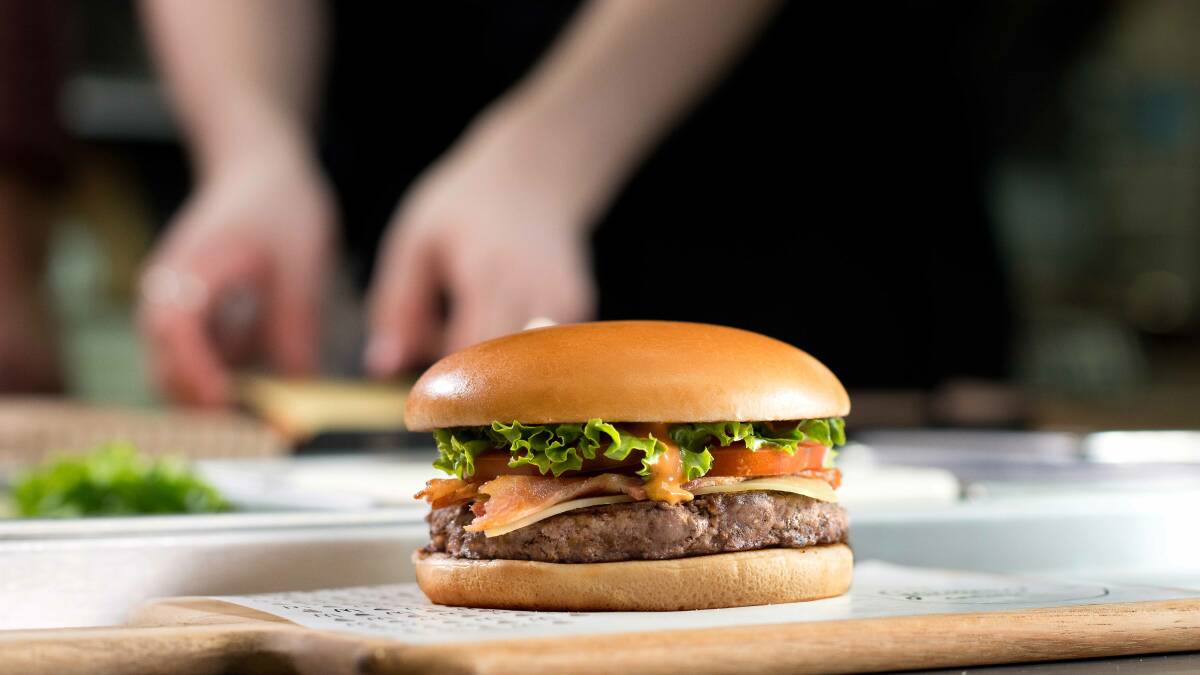
BEEF sustainability ranks alongside commitment to families and offering youth opportunities in the list of global priorities where big restaurant chain McDonald's feels it can best use its scale to make a difference.
Subscribe now for unlimited access to all our agricultural news
across the nation
or signup to continue reading
One of the world's largest single buyers of beef, McDonald's serves 69 million people every day in it's 37000 restaurants operating in more than 100 countries.
"To feed people on this scale, we rely on a large supply chain and we source from tens of millions of producers around the world," Dr Nicola Robinson, who heads up the company's global beef sustainability strategy, told this year's Red Meat conference in Tamworth.
"With the scale of our supply chain we recognise we can have a significant impact and we are committed to using our scale for good.
"We get asked to be involved in a lot of different environmental and social causes. We want to focus on where we can drive change beyond our business."
McDonald's has ambitious growth plans but for that to come to fruition it recognises it has to be 'customer obsessed', Dr Robinson said.
"We are looking to regain any customers we have lost, convert the casual customer to a committed one and retain existing customers," she said.
"One of the ways we do that is to build trust. We know this is a big driver of people coming through our doors."

The strategy is to partner with farmers and ranchers to take responsible beef production to scale.
Ten countries make up 85pc of McDonald's global beef purchases and Australia sits at number two.
"Responsibly-produced beef is better for not only customers and the environment but also for producers," said Dr Robinson, a veterinarian by trade.
"Producers are the heart of this effort.
"We've been intentional about not defining beef sustainability ourselves but working in partnership with industry to come up with a local definition, because beef production varies so widely around the world."
The aim is to develop transparent supply chain programs that McDonald's can plug into. This enables the company to communicate to customers it s sourcing responsibly-produced beef.
"We want to be able to take that story to our customers, so they can continue to feel good about those choices," Dr Robinson said.
She presented a commercial rolled out last summer in Canada as one example of how McDonald's had done that.
It featured producers talking about the fact that long-term sustainability was crucial to their future and citing the gains their industry had made in reducing greenhouse gas emissions.
"Canada has taken the decision to go down the path of certification.That's not something Mcdonald's is advocating for globally, it's just the local route this industry chose," Dr Robinson explained.
McDonald's now has 23 roundtable programs globally working in partnership with local industries on beef sustainability, with New Zealand a recent addition.
Dr Robinson said the Australian beef industry had 'grabbed the bull by the horns' on sustainability and worked collectively to apply the concept to its unique environmental context.
"The reporting that you do is really transparent, and the metrics behind the Australian framework are leading-edge," she said.


